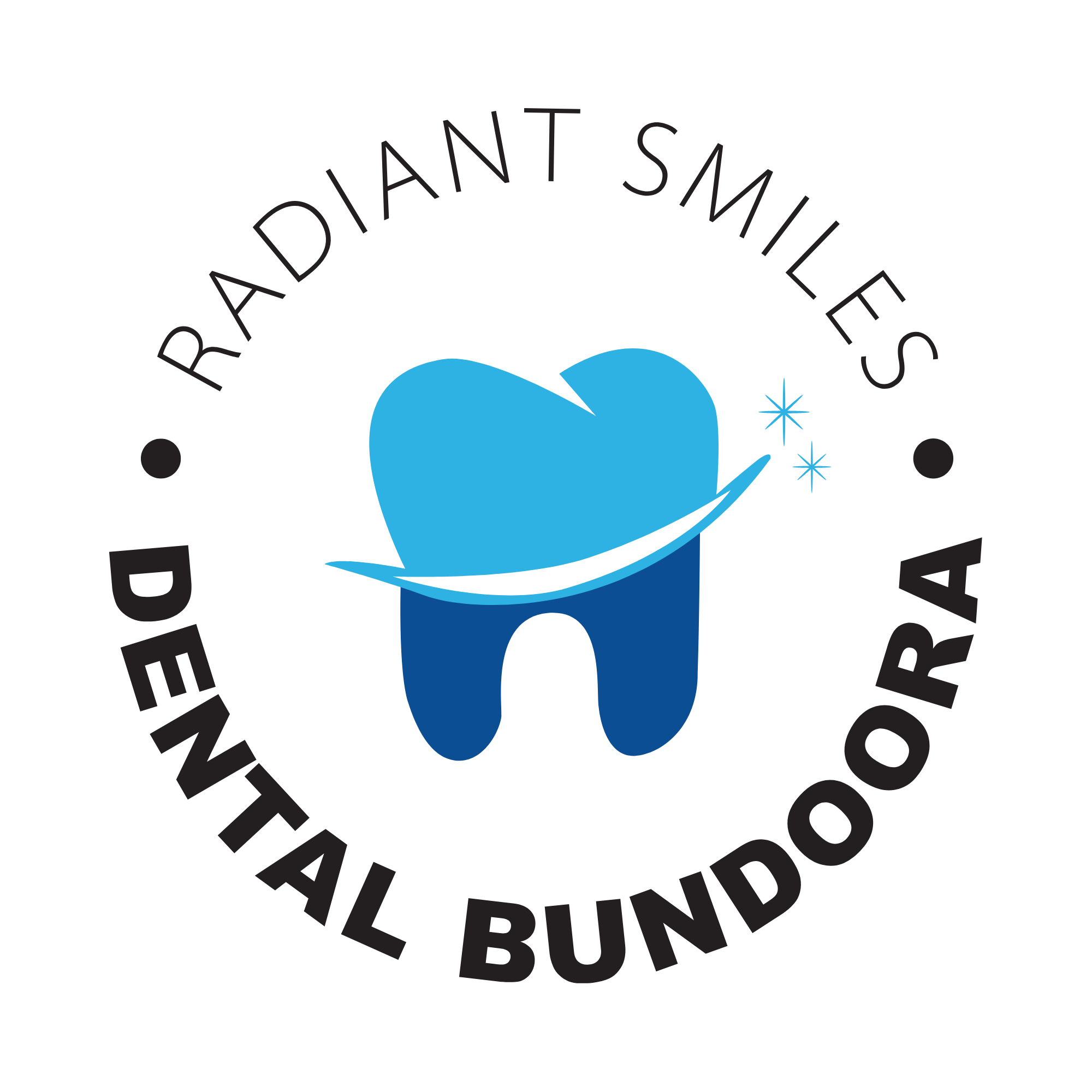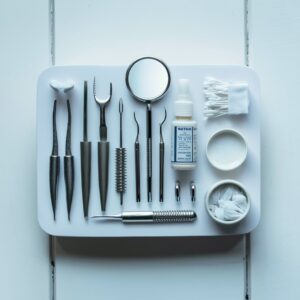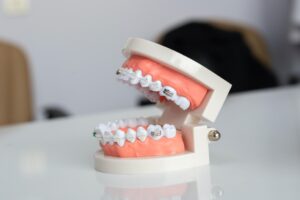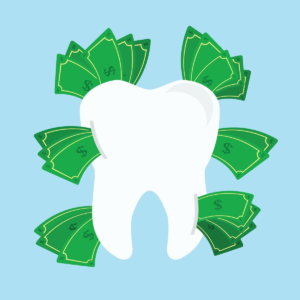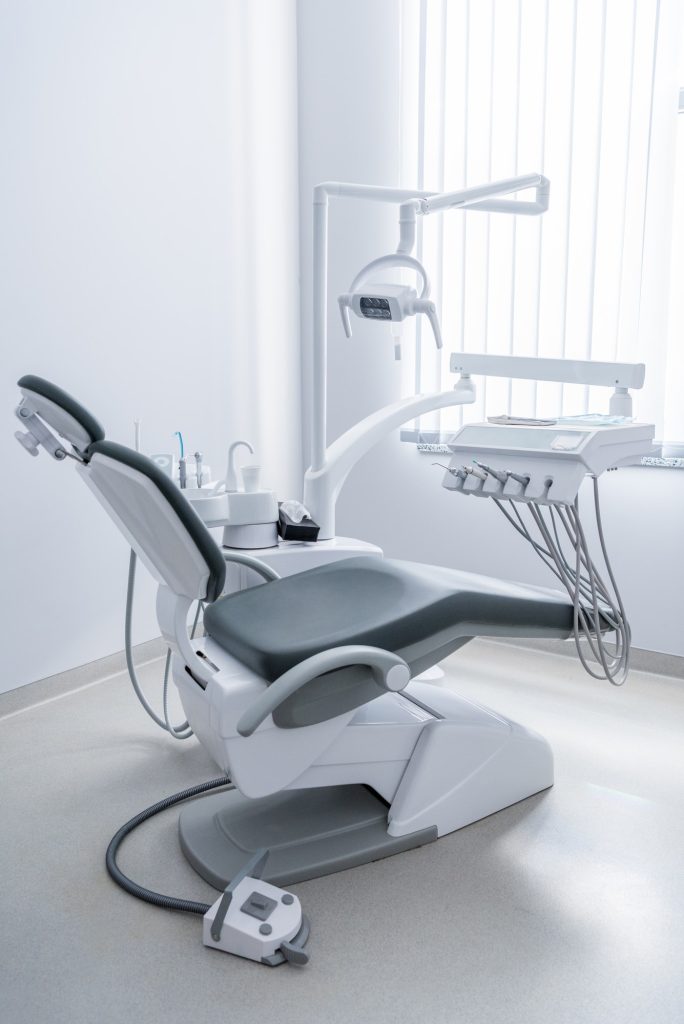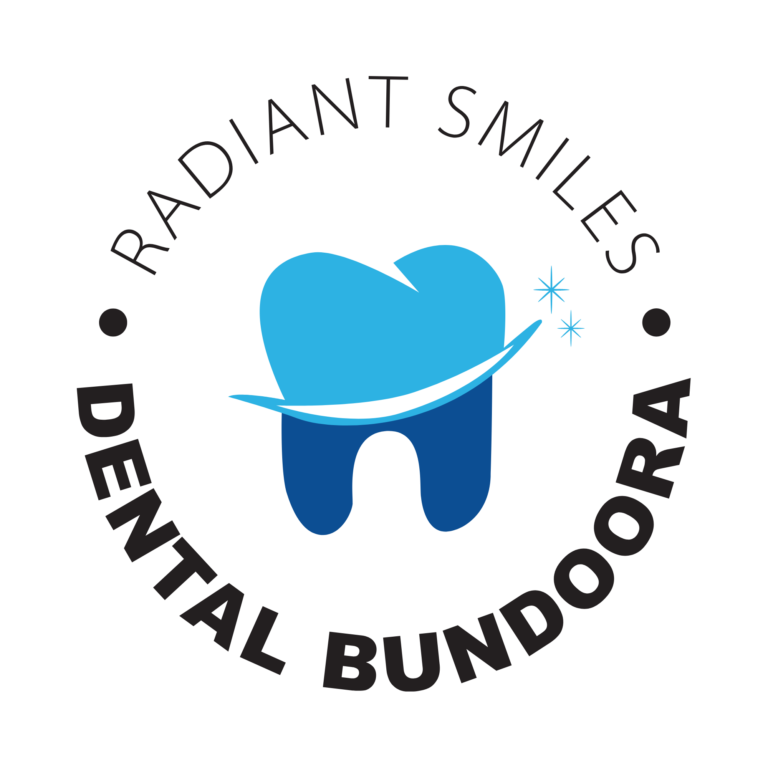[et_pb_section fb_built=”1″ _builder_version=”4.9.4″ _module_preset=”default”][et_pb_row _builder_version=”4.9.4″ _module_preset=”default”][et_pb_column type=”4_4″ _builder_version=”4.9.4″ _module_preset=”default”][et_pb_text _builder_version=”4.9.4″ _module_preset=”default” hover_enabled=”0″ sticky_enabled=”0″]
A dental crown is a type of dental treatment used to address numerous oral health issues. Dental crowns are used when the tooth has been heavily decayed. They are also used as the final part of a dental implant surgery in which the dental crown is attached to the abutment.
If you need to restore strength and stability to your teeth and are considering dental crowns, you might wonder how long do crowns last?
The typical average lifespan of dental crowns is 10 to 15 years, but it is affected by various factors, including the type of dental crown and oral hygiene.
Factors That Affect Dental Crown Longevity
There are several factors that can impact the lifespan of your dental crowns, including:
- The locations of the crown: Dental crowns placed on the premolars or molars at the back of the dental arch sustain higher bite pressure and typically suffer from faster wear and tear than incisors or canines.
- The condition of the tooth under the crown: Dental crowns are used to restore structure and strength to teeth damaged by severe decay, over large fillings, breakage, or following a root canal. If the decayed or damaged tissue is not adequately removed, the decay can spread, continue damaging the tooth underneath, and loosen the crown.
- Dental trauma: Blows to the face, jaw, or mouth during contact sports can loosen, chip, or break dental crowns. Wearing a custom mouthguard can protect the crown and prolong its lifespan.
The material the dental crown is constructed from and your oral hygiene routine also significantly impact how long dental crowns last.
How Long Do Crowns Last? Types of Dental Crowns
Dental crowns are a great option for people looking to restore their teeth, but there are several types of dental crowns that your dentist may recommend.
-
Porcelain Crowns
Porcelain is used to make tooth-coloured dental crowns that restore your smile’s natural appearance and are highly durable. They also make for a safe alternative to metal crowns which can cause allergies in some individuals. This dental crown is long-lasting, with over 83.9% of all-porcelain crowns remaining intact after 8 years.
-
Metal
 Metals like gold have been used in dental crowns for thousands of years. They are biocompatible, strong, and malleable with material advantages like corrosion resistance.
Metals like gold have been used in dental crowns for thousands of years. They are biocompatible, strong, and malleable with material advantages like corrosion resistance.
Dentists today often mix gold with other metals, such as chromium and palladium, to keep them robust, preventing tooth fractures and wearing away teeth.
Although they are not as popular because of their obvious appearance in the mouth, gold crowns have a 95% survival rate after 10 years, with well-maintained gold crowns lasting for decades.
-
Porcelain Fused to Metal Dental Crowns (PFMS)
Porcelain fused to metal (PFM) dental crown is constructed using a metal core with a porcelain shell. Porcelain bonds chemically with the metal’s oxides when heated together, resulting in stronger durability.
This dental crown is stronger and more durable than an ordinary porcelain crown because a metal framework supports it. The crowns can also be customised to match your original teeth’s shape, appearance, and function.
PFM dental crowns can last about 5 to 15 years on average but may last longer with the right oral health routine.
How to Take Care of Your Dental Crowns?
Another way to determine how long crowns last is by practising good oral hygiene and regular checkups. Following these tips will help you to maintain your dental crowns and keep them lasting longer.
-
Maintain Your Oral Hygiene
Germs and food particles can get stuck between your teeth or gum and dental crowns, increasing the risk of infection and gum disease. To care for your dental crowns, brush your teeth with fluoride toothpaste and floss your teeth twice per day, morning and evening.
You should also rinse your mouth with an antibacterial mouthwash daily to prevent bacteria buildup within the dental crown.
-
Stay Away From Sticky and Hard Foods
Dental crowns are strong and last a long time, but they might break, crack, or shatter if you eat something hard like ice or nuts, requiring a dental crown replacement.
If the food is sticky and chewy, such as caramel, it is more difficult to remove from between your teeth, and it can weaken or loosen your dental crown. If possible, try to avoid these foods and chew on the opposite side of your mouth from the area in which you have a dental crown.
-
Be Mindful of Your Daily Habits
To maintain your dental crowns, you need to watch for your everyday behaviours. If you bite your nails, open packages with your teeth, or chew on pens caps, it can damage your dental crown.
If you grind or clench your teeth at night, your dentist may recommend that you wear a protective night guard to protect your teeth and dental crowns.
-
Get Regular Dental Check-Ups
Your dentist can also check the state of your dental crowns with regular cleanings and checkups. With Radiant Smile Dental Group, you can rest assured that your teeth and every dental crown are thoroughly cleaned to prevent infection. The dentist can identify early signs of infection around your dental crowns and prevent further damage to your teeth during your regular dental visits.
Find Out Which Dental Crowns Work for You
At Radiant Smile Dental Group, our experienced team can help you achieve a healthy mouth and beautiful smile with our wide range of dental treatments, including dental crowns.
We also offer after hours emergency appointments so that we can treat any urgent issues promptly. You can get more information about our dental treatments by calling us today on (03) 9000 0537 to schedule an appointment with one of our dental professionals.
[/et_pb_text][/et_pb_column][/et_pb_row][/et_pb_section]
 Now
Now